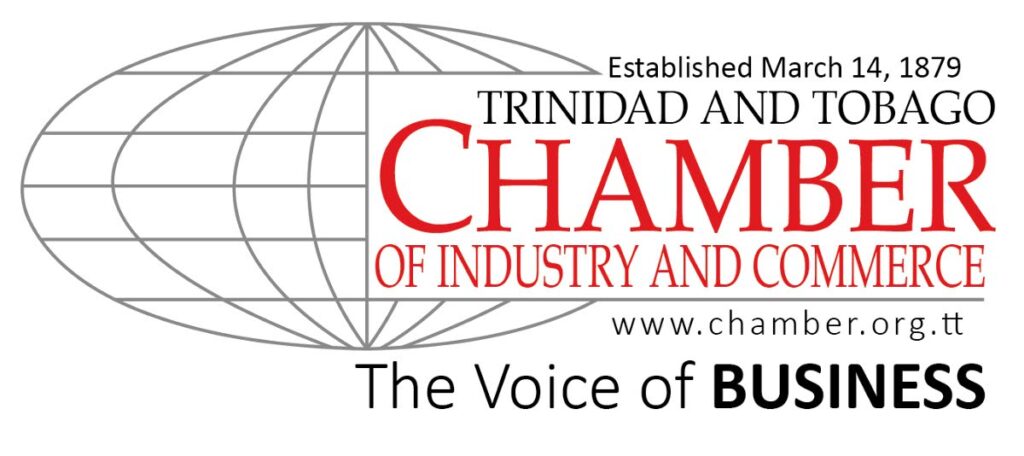Benefits of going public for businesses

One of the biggest, if not the biggest challenge for small and medium-sized enterprises (SMEs) in Trinidad and Tobago is access to financing.
However, the value of having a strong and active SME sector is globally accepted, given their ability to positively impact the economy and society.
On January 5, the TT Chamber of Industry and Commerce (TT Chambers) partnered with the TT Stock Exchange (TTSE) to sign a memorandum of understanding (MoU) that could, among other things, provide a boost to several small businesses, entrepreneurs and established companies, who are seeking to expand and attract new investments.
Under the MoU, the TT Chamber has committed to several goals, including:
- Building capacity among SMEs in TT with the potential to be listed on the SME market of the TTSE.
- Presentation of seminars, discussion opportunities and other forums to increase awareness and sensitivity about the TTSE.
- Participation in opportunities offered by the TTSE which will be in the best interest of the chamber’s membership,
- Promote trade and business meetings and activities that further the goals of the agreement.
This country’s SME tier on the TTSE was first established in 2012, following its announcement in the national budget.
The aim of the "junior stock exchange," is to provide SMEs with an avenue for raising capital on the local capital market, to reduce their reliance on financing from traditional lending institutions and provide them with an alternative source of capital to grow their businesses.
The Caribbean Development Bank (CDB), in an article published in August 2023, said, "MSMEs are integral to Caribbean socio-economic development, as they account for a substantial share of GDP and the workforce."
A CDB-commissioned study estimates that MSMEs constitute between 70-85 per cent of enterprises, contribute between 60-70 per cent of GDP and account for approximately 50 per cent of employment, including those from marginalised groups such as women, youth, indigenous communities and persons with disabilities.
In addition, almost 40 per cent of small businesses in the Caribbean are owned by women, with up to 60 per cent ownership in some countries.
The stock exchange can sometimes seem like a financial world unto itself with its own terminology and language.
With their seemingly complex process of buying and selling companies’ shares, takeovers – and even trading based on events that haven’t even taken place – stock exchanges can be intimidating. It is perhaps no surprise that they might be deemed irrelevant to the day-to-day life of SMEs or entrepreneurs.
Any country seeking to establish a strong entrepreneurial ecosystem needs a strong institutional framework – stock exchanges can be a key element.
Apart from enhancing the ability of listed companies to access capital, several stock exchanges have special provisions that cater for the growth of SMEs.
They also create opportunities for equity financing, as opposed to debt financing.
Stock exchanges can therefore be a boon to entrepreneurs and established corporations seeking to access capital to expand their enterprises and implement good governance standards.
TT’s SME exchange has remained largely unpopulated for various reasons, such as reluctance by family businesses to relinquish traditional control or entrepreneurs who may be daunted by what they perceive as a loss of ownership. Still, the growth potential that a public listing on the stock exchange can outweigh the drawbacks, and the TT Chamber has long advocated for members to consider listing.
The TT Chamber’s MoU with the TTSE is a significant step to sensitise and encourage our business community, to explore the benefits of public listing as a strategic step for capital growth.


Comments
"Benefits of going public for businesses"